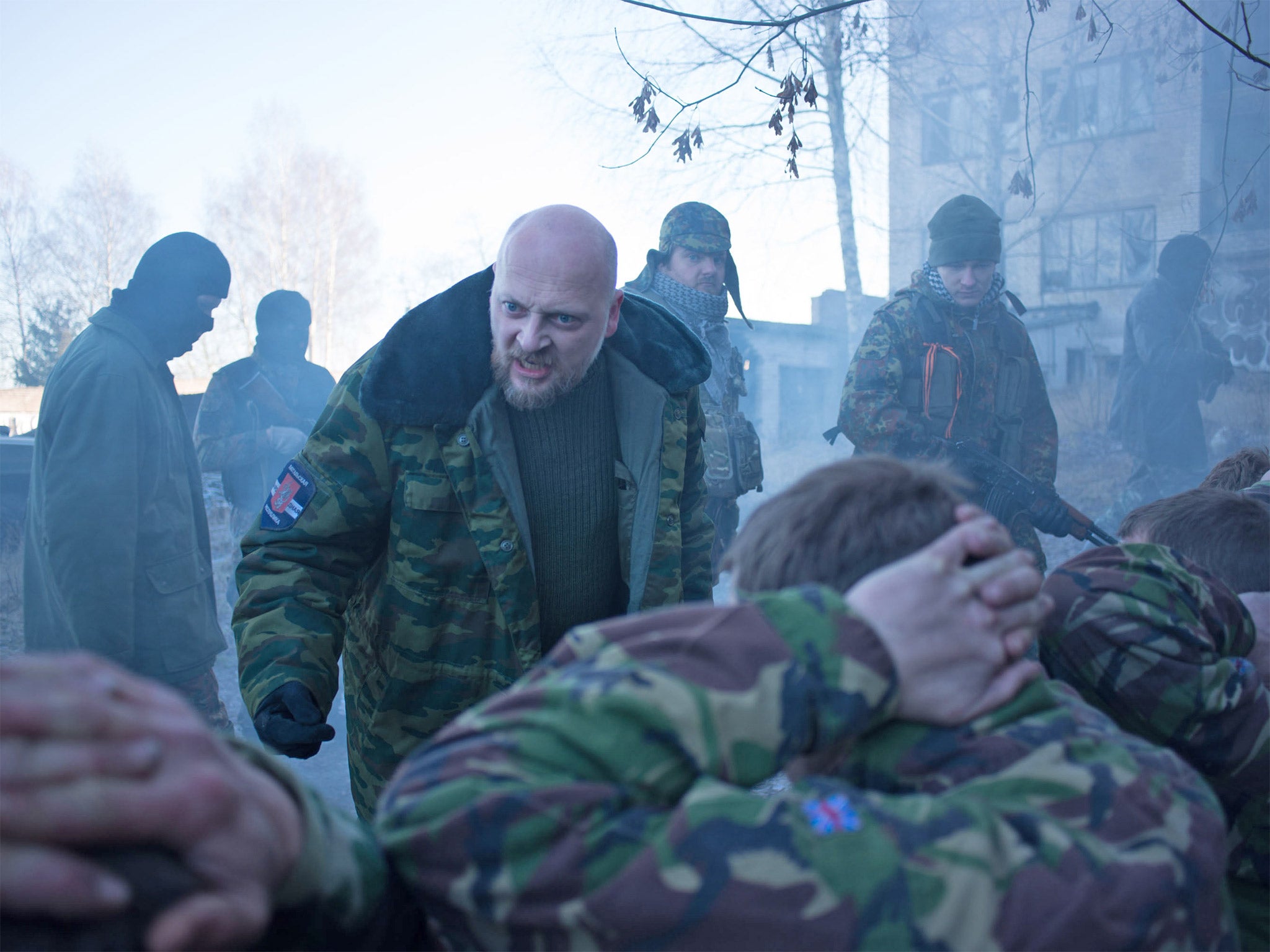World War Three: Inside the War Room, TV review: A hypothetical 'hot war' was compelling, if not terrifying, viewing
The War Room was faced with a scenario that has haunted strategists since civil war broke out in Ukraine: potential Russian military involvement in Latvia and Estonia

Some of Britain's senior military, political and diplomatic figures came together to discuss a hypothetical "hot war" in World War Three: Inside the War Room.
The War Room, including former British Ambassador to the US Sir Christopher Meyer, was faced with a scenario that has haunted strategists since civil war broke out in Ukraine: potential Russian military involvement in Latvia and Estonia. Like Ukraine, these countries have sizable Russian-speaking minorities, but unlike Ukraine they are members of Nato, whose founding treaty states that an attack on one ally is an attack on all.
It started out as quite a dull discussion but as the hypothetical situation escalated – and boy did it escalate quickly – it fast became compelling, if not terrifying, viewing. Phrases like "intensive diplomatic effort", "nuclear blackmail" and "offensive operation" were bandied about and it wasn't long before, in this alternative reality, Russia detonated a nuclear weapon.
It was a little clichéd – the Russians were the bad guys, the UK set lots of deadlines but ultimately wouldn't commit to any action and the US went in all guns (or nuclear weapons) blazing – but then clichés are always clichés for a reason.
Join our commenting forum
Join thought-provoking conversations, follow other Independent readers and see their replies
Comments
Bookmark popover
Removed from bookmarks